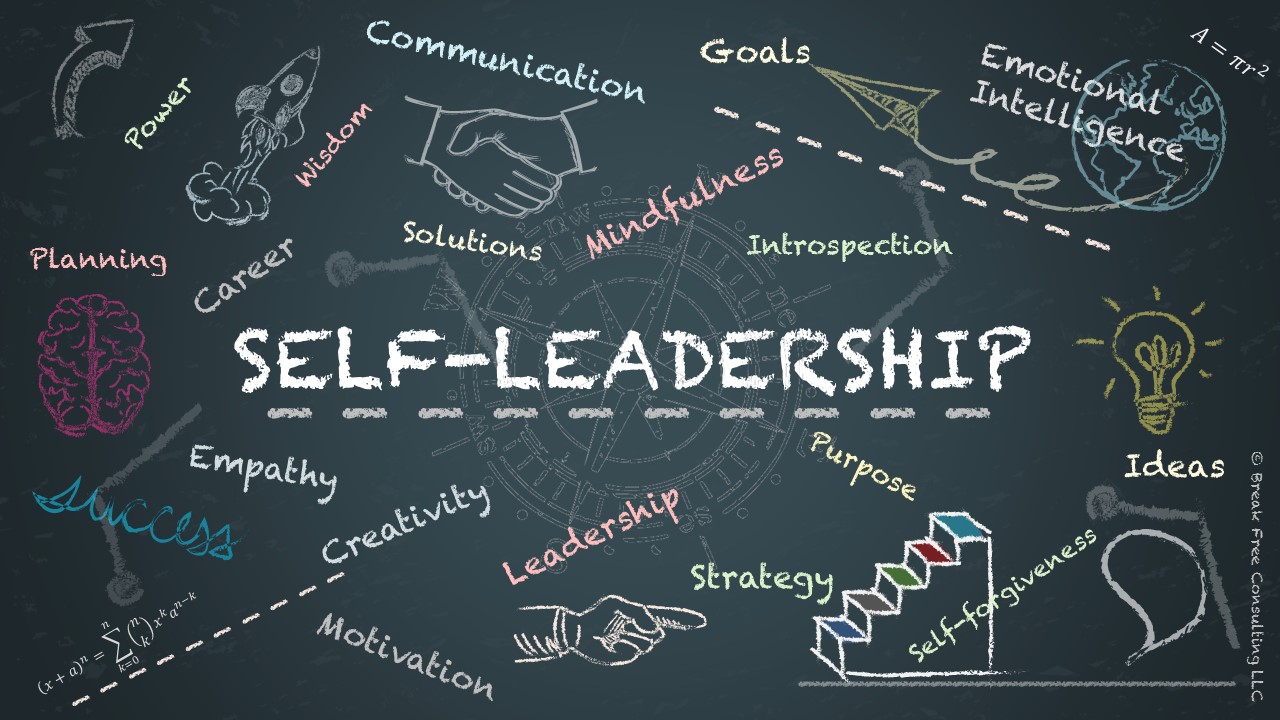Let’s get some things straight…
- We don’t brush our teeth because it’s good for our health.
We brush our teeth because we don’t like them to feel scuzzy. - We don’t tidy up our office because we can’t live if it’s messy.
We tidy our office because we don’t like to feel lost in large piles of stuff. - We don’t embrace our children or our loved ones because it’s good for our relationship.
We hug each other because it feels good.
Feelings
In the business world this is often times viewed as a bad word, yet it impacts EVERY human being on the planet. In business we are told to leave our feelings and emotions out of it. Then we’re told that we’re not passionate or motivated or excited. Which is it? Do you want emotions or not?
Really. That last question isn’t rhetorical. Do you want emotions or not?

I think I might know the answer to that question… You will like the emotion when you like the feelings of that emotion (like happiness, joy, peace, etc.). If you don’t like the feelings of the emotion, you don’t want them (like stress, anxiety, discouragement). It’s just like brushing your teeth, tidying up your office or hugging your loved ones. Isn’t it?
People have been asked to manage their emotions…. It’s part of “emotional intelligence.” I remember being asked to do that as a child as well as an adult. If I got upset about my under-performance at school, at work, or on the sports field, I’d cry. I don’t mean a blubbery, intensely and sporadically inhaling, cry. No. Tears would just come to my eyes and eventually roll down my cheeks. I’d still keep working on the task or playing the game. I don’t think my performance was effected much but… and here’s the real reason why we have been asked to “manage our emotions”… those emotions, yes, my emotions, made other people feel uncomfortable.

When people act like this… emotionally… and we aren’t comfortable with it, they are often told to “grow up” or “calm down.” (Just an FYI: neither of those statements are very helpful in those situations.)
The emotional folks are usually accused of having a low EQ or Emotional intelligence Quotient. Now, intelligence means a capacity for learning, reasoning, understanding, and similar forms of mental activity; an aptitude in grasping truths, relationships, facts, meanings, etc. In my case, I totally understood that I was crying. I also knew why I was crying. I had all of the facts, understood all of the meanings of my performance and my emotions, and I still cried.
Intelligence isn’t enough.
Knowing what to do or how to behave isn’t enough. You have got to actually DO it. My college basketball coach once said to me, “Trying isn’t enough. We need results.” (Thanks, Kim Jordan!! That was a powerful lesson for me 30 years ago.) While some may need more emotional intelligence, I believe most of us need emotional self-leadership.
We’ve got to lead our emotions like we lead other things in our lives.
How can we do that? It’s really simpler than you may think.

Your brain works through associations. It likes to categorize and organize things in order to process them and finally make meaning of the experiences. Your brain is a meaning-making-machine. The good news is YOU are the operator of the machine. You control the associations!
In order to get more of what you want in your life and less of what you don’t want in your life, you have to associate and make meaning of the attributes of the things in your life.
Let’s look at an example. During holidays people usually get together, cook big meals and spend the days talking, watching sports on TV, while they stuff themselves with all of the food. What feelings do you associate with stuffing yourself? When you feel overfull do you believe that is a “good” feeling or a “bad” feeling? What meaning do you make of it? If you believe that it feels good and then you make a resolution to lose weight, how successful do you think you will be?
If you believe that emotions at work are “bad”. How will you feel if someone gets angry or cries at work? You will feel that it is wrong for them to do that. Yet, it has absolutely NO impact on your performance UNLESS… unless YOU allow it to have an effect… unless you assign meaning to their crying or anger. Oh, sure, you might feel uncomfortable and your meaning making machine tells you that uncomfortable means “bad.”
Here’s what I’m trying to get at…
We don’t need to simply manage our emotions. That’s a lot of work!
We need to lead them.
We can choose to associate “bad” feelings with the things we don’t want to do and “good” feelings with the things we do want to do. The choice is yours. Make it wisely!!
